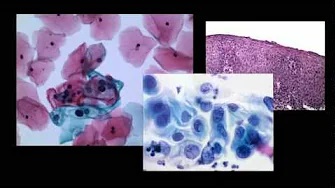Document Type
Article
Publication Date
1-1-2022
Abstract
Ulcerative Colitis (UC) is a chronic inflammatory disease of the intestinal tract for which a definitive etiology is yet unknown. Both genetic and environmental factors have been implicated in the development of UC. Recently, single cell RNA sequencing (scRNA-seq) technology revealed cell subpopulations contributing to the pathogenesis of UC and brought new insight into the pathways that connect genome to pathology. This review describes key scRNA-seq findings in two major studies by Broad Institute and University of Oxford, investigating the transcriptomic landscape of epithelial cells in UC. We focus on five major findings: (1) the identification of BEST4 + cells, (2) colonic microfold (M) cells, (3) detailed comparison of the transcriptomes of goblet cells, and (4) colonocytes and (5) stem cells in health and disease. In analyzing the two studies, we identify the commonalities and differences in methodologies, results, and conclusions, offering possible explanations, and validated several cell cluster markers. In systematizing the results, we hope to offer a framework that the broad scientific GI community and GI clinicians can use to replicate or corroborate the extensive new findings that RNA-seq offers.
Recommended Citation
Serigado JM, Foulke-Abel J, Hines WC, Hanson JA, In J, Kovbasnjuk O. Ulcerative Colitis: Novel Epithelial Insights Provided by Single Cell RNA Sequencing. Front Med (Lausanne). 2022 Apr 20;9:868508. doi: 10.3389/fmed.2022.868508. PMID: 35530046; PMCID: PMC9068527.

